Description
WHY BUY CORN SILAGE FROM ALPHA AGVENTURE FARMS?
1. Silage Quantity Calculator for Precise Feeding
We provide a Silage Quantity Calculator to precisely gauge the amount of fermented corn silage your ruminants require. This intuitive tool allows you to determine the ideal silage portion based on your livestock’s weight, ensuring they receive the best possible nutrition. Visit our website to use the calculator and make well-informed choices for feeding your goats, sheep, buffaloes, and cattle.
WARNING: The computations are based on the quantity of corn silage per drum from Alpha Agventure Farm, as well as its moisture content and dry matter percentage. This calculator is not applicable to corn silage produced outside Alpha Agventure Farm due to differences in dry matter, moisture levels, and quantity.
2. Weekly pH Monitoring for Optimal Quality
At Alpha Agventure Farms, we ensure top-quality fermented corn silage by monitoring pH levels weekly during the first four weeks of fermentation. After that, we check monthly to maintain pH within our target range. This process guarantees excellent preservation and nutritional value for your livestock.
3. Reliable and Timely Delivery
We provide dependable and timely delivery services for our fermented corn silage, utilizing the expertise of leading logistics companies in the Philippines. Our efficient logistics team manages every detail to avoid disruptions, helping you maintain a steady feed supply for your goats, sheep, cattle, and buffaloes.
4. Exceptional Customer Support and Service
Our customer service hotline is dedicated to offering responsive and helpful service. Whether you need assistance with orders or product information, you can call us at +63 917 162 9758 or email us to ensure a smooth and satisfactory experience every step of the way.
5. Trusted Reputation and Positive Reviews
Alpha Agventure Farms boasts a strong reputation and positive customer reviews. Our clients’ feedback highlights our commitment to quality and reliable service. Check out testimonials to see why others trust us for their fermented corn silage needs.
BUY CORN SILAGE FOR SALE
Are you searching for high-quality corn silage for your goats, sheep, buffaloes, or cattle? Our premium corn silage for sale is specifically formulated to meet the diverse nutritional needs of your livestock. We understand the importance of providing your animals with feed that supports their health and productivity.
Our corn silage is produced with meticulous care, ensuring it delivers essential nutrients that contribute to the well-being and growth of your animals. We are aware that the price of corn silage can vary, so we offer competitive rates while maintaining high quality. This allows you to feed your livestock without compromising on quality.
Finding corn silage near you is crucial for timely and efficient feeding. Our extensive distribution network ensures that our high-quality silage is readily available across various regions. We aim to provide a seamless supply chain, so you can consistently access the feed you need.
In addition to its superior nutritional value, our corn silage is designed for ease of use, making it a convenient choice for any farm. By choosing our silage, you’re investing in the health and productivity of your livestock. We are committed to offering exceptional products and service to meet your feeding requirements.
Ready to enhance your livestock’s diet with top-notch corn silage? Contact us to buy corn silage and experience the benefits firsthand. Our team is here to assist you and ensure you get the best feed for your farm’s needs.
FREQUENTLY ASKED QUESTIONS
What do I need to bring to have my drum refilled?
For refills, please ensure the 170-liter blue drum you bring is in good condition, which means it is clean, and the ring lock is intact.
Where is your pick-up site?
Our pick-up site is in Block 7 Barangay San Manuel, Tarlac City. Search for “Alpha Agventure Farms” on Google Maps or Waze for the exact directions. Be reminded that it is only a pick-up zone. Drop by to this pick-up zone IF, and ONLY IF, you have a scheduled order for pick up from us. STRICTLY NO WALK-INS.
What’s the minimum order for delivery?
There’s no minimum order since you’re covering the full delivery cost anyway. For reference, here’s the maximum load capacity for each vehicle.
- Hilux/D-Max: 4 drums
- L300 FB/Hi-Ace: 8 drums
- FB Long: 15 drums
- Closed Van (2 tons max): 36 drums
- Isuzu N-Series: 50 drums
- Isuzu Forward Truck: 60 drums
- Isuzu F-Series: 180 drums
- High Cube 10-Wheeler Truck: 205 drums
When can I pick up my order?
Send us a text message at 0917 162 9758 or through this page before you place your order so we can inform you the availability for pick-up of your corn silage.
What is fermented corn silage, and how is it beneficial for ruminants?
Fermented corn silage is a preserved feed product made from whole corn plants, which are harvested, chopped, and stored in anaerobic conditions to ferment. This fermentation process enhances the nutritional value of the corn by increasing its digestibility and palatability. It provides a high-energy source and is rich in fiber, making it an ideal feed for ruminants. The fermentation also preserves the silage for long periods, ensuring a steady supply of quality feed.
How should I store fermented corn silage to maintain its quality?
To maintain the quality of fermented corn silage, it should be stored in airtight conditions to prevent exposure to oxygen, which can lead to spoilage. Common storage methods include using silage bags, bunkers, or silos. The storage area should be cool, dry, and away from direct sunlight. It’s essential to seal the silage properly after each use to minimize air exposure and microbial growth that can compromise its nutritional quality.
What are the nutritional benefits of feeding fermented corn silage to ruminants?
Fermented corn silage is an excellent energy source due to its high carbohydrate content, which supports growth, lactation, and overall health in ruminants. It provides essential nutrients such as fiber, proteins, vitamins, and minerals. The fermentation process enhances nutrient availability, making it more digestible and improving feed efficiency. This balanced nutrition supports healthy weight gain, milk production, and reproductive performance in livestock.
How much fermented corn silage should I feed my ruminants daily?
The amount of fermented corn silage to feed ruminants varies based on their species, size, age, and production stage. Typically, it should comprise 80% of their total daily dry matter intake. For adult cattle weighing 350 kilograms, this equates to about 32 kilograms of silage and 8 kilos of feed concentrates per day. It’s crucial to balance silage with other feed sources, such as protein supplements and minerals, to meet all nutritional requirements. Consulting a veterinarian, animal nutritionist, or Mr. Jaycee de Guzman of Alpha Agventure Farms can provide tailored feeding recommendations.
Is fermented corn silage suitable for all ruminant species?
Yes, fermented corn silage is suitable for a wide range of ruminant species, including cattle, buffaloes, bison, sheep, goats, deer, giraffes, and camels. Its high-energy content and improved digestibility make it a versatile feed option. However, it’s important to adjust the amount and composition of the overall diet according to the specific needs of each species and individual animal. Regular monitoring and consultation with a nutritionist ensure optimal dietary balance.
What are the signs of good quality fermented corn silage?
Good quality fermented corn silage should have a pleasant, slightly sweet, and sour aroma, indicating successful fermentation. Its color should be consistent, typically a golden yellow or light brown, without signs of mold or spoilage. The texture should be firm but not too wet or dry. Properly fermented silage should have a pH level between 3.8 and 4.2, indicating an acidic environment that prevents spoilage. Regular quality checks are essential to ensure the feed’s nutritional value and safety.
How long can fermented corn silage be stored without losing its nutritional value?
When stored properly in airtight conditions, fermented corn silage can maintain its nutritional value for 12 to 24 months. Key factors influencing its longevity include the initial quality of the corn, the fermentation process, and storage conditions. Regular inspection for signs of spoilage, such as mold or off-odors, is essential. Opening the silage frequently should be minimized to prevent oxygen exposure, which can lead to nutrient degradation and spoilage.
What is the fermentation process of corn silage, and why is it important?
The fermentation process of corn silage involves storing chopped corn plants in anaerobic conditions, allowing naturally occurring lactic acid bacteria to ferment the carbohydrates. This process lowers the pH and creates an acidic environment that preserves the silage. Fermentation is crucial as it enhances nutrient availability, digestibility, and palatability. It also prevents spoilage by inhibiting the growth of harmful microorganisms, ensuring a safe and nutritious feed source for ruminants.
Can fermented corn silage replace other feed sources in a ruminant’s diet?
Fermented corn silage can serve as a primary energy source but should not completely replace other feed sources. A balanced diet is essential for meeting all nutritional requirements of ruminants. While silage provides energy and fiber, it lacks sufficient protein and minerals. Therefore, it should be supplemented with other feeds, such as protein-rich legumes, grains, and mineral supplements, to ensure a well-rounded diet that supports growth, health, and production. You can buy mineral blocks, and vitamins and minerals essential for ruminants at the Alpha Agventure Farms.
What are the common challenges associated with feeding fermented corn silage to ruminants?
Some common challenges include maintaining silage quality during storage, balancing the diet to avoid nutritional deficiencies, and preventing spoilage due to improper storage. Over-reliance on silage can lead to imbalanced nutrient intake if not supplemented correctly. Additionally, silage quality can vary based on factors like harvest timing and fermentation conditions. Regular quality checks, proper storage, and a balanced diet are essential to overcome these challenges.
How does the moisture content of fermented corn silage affect its quality?
The moisture content of fermented corn silage significantly impacts its fermentation process and quality. Ideally, silage should have a moisture content of 60-70%. Too much moisture can lead to nutrient leaching and undesirable microbial growth, resulting in spoilage. Conversely, too little moisture can hinder fermentation, leading to poor nutrient preservation. Monitoring and adjusting moisture levels during harvest and storage is crucial to ensuring optimal silage quality.
What is the best time to harvest corn for silage making?
The optimal time to harvest corn for silage making is when the corn plant reaches the milk to dough stage, which is typically around 60-70% moisture content. At this stage, the plant offers a balance of energy, digestibility, and moisture, which supports effective fermentation. Harvesting too early can result in excessive moisture and nutrient loss, while harvesting too late can reduce digestibility. Monitoring crop maturity and moisture levels is key to determining the best harvest time.
How can I ensure consistent quality in each batch of fermented corn silage?
To ensure consistent quality, start with high-quality corn crops and harvest at the optimal maturity stage. Use proper chopping techniques to achieve uniform particle size, which promotes effective fermentation. Ensure airtight storage conditions to minimize oxygen exposure and prevent spoilage. Regularly monitor pH levels and check for signs of spoilage. Implementing a quality control program that includes regular inspections and testing helps maintain the consistency and nutritional value of each batch.
Are there any specific health benefits of fermented corn silage for ruminants?
Fermented corn silage offers several health benefits for ruminants. Its high energy content supports growth, milk production, and overall vitality. The fermentation process increases digestibility, improving nutrient absorption and feed efficiency. Additionally, silage can enhance gut health by promoting a balanced rumen environment, reducing the risk of digestive disorders. The preserved nutrients and energy in silage help maintain consistent health and productivity, supporting the well-being of livestock.
How does fermented corn silage compare to other forage options?
Fermented corn silage is often preferred for its high-energy content and enhanced digestibility, making it an excellent choice for ruminants. Unlike hay or dry forages, silage provides consistent nutrition throughout the year, regardless of seasonal forage availability. Its palatability encourages higher feed intake, supporting better growth and production. While other forages may offer specific benefits, silage’s balanced nutrient profile, storage stability, and versatility make it a valuable component of ruminant diets.
What are the risks of feeding poor-quality fermented corn silage to ruminants?
Feeding poor-quality silage can lead to several issues, including reduced feed intake, nutrient deficiencies, and digestive disorders. Spoiled silage may contain harmful bacteria, molds, or toxins, posing health risks to ruminants. It can also lead to imbalanced diets, affecting growth, reproduction, and milk production. Regular quality checks, proper storage, and attention to fermentation conditions are crucial to minimizing these risks and ensuring the health and productivity of livestock.
Can fermented corn silage be used for all life stages of ruminants?
Fermented corn silage is suitable for most life stages of ruminants, including growth, lactation, and maintenance phases. Its high-energy content supports young animals’ growth, lactating animals’ milk production, and adults’ overall health. However, nutrient requirements vary with age, size, and production stage, so it’s essential to balance silage with other feed components, such as protein and mineral supplements, to meet specific needs. Consulting with a nutritionist ensures optimal feeding strategies for each life stage.
What factors influence the fermentation quality of corn silage?
Several factors influence fermentation quality, including crop maturity, chopping size, moisture content, and storage conditions. Harvesting at the right maturity stage ensures optimal nutrient content. Proper chopping size enhances compaction and anaerobic conditions, facilitating fermentation. Adequate moisture levels (60-70%) support microbial activity. Airtight storage conditions prevent spoilage. Regular monitoring of these factors, along with timely harvesting and proper storage techniques, is essential for producing high-quality fermented corn silage.
How can I identify and prevent spoilage in fermented corn silage?
Spoilage in fermented corn silage can be identified by visible mold growth, unpleasant or rancid odors, heating, and a slimy texture. Discoloration, such as dark or black patches, may also indicate spoilage. To prevent spoilage, ensure airtight storage conditions by properly sealing silage bags or silos. Regularly inspect silage for signs of deterioration and minimize exposure to air by quickly sealing any opened sections. Maintaining proper storage conditions is crucial to preserving silage quality.
What is the environmental impact of using fermented corn silage as feed?
Using fermented corn silage can have a positive environmental impact by reducing waste and improving feed efficiency. The fermentation process preserves nutrients and reduces spoilage, leading to less feed waste. Silage production utilizes the entire corn plant, minimizing crop residue and maximizing resource use. Additionally, the efficient feed conversion and nutrient utilization in ruminants help lower greenhouse gas emissions. Incorporating silage into livestock diets supports sustainable farming practices and reduces the environmental footprint of animal production.


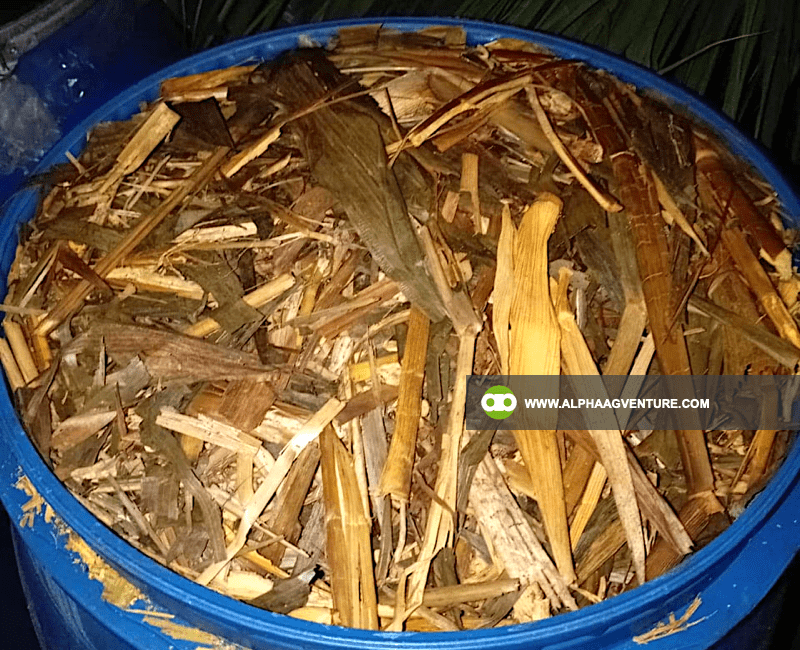
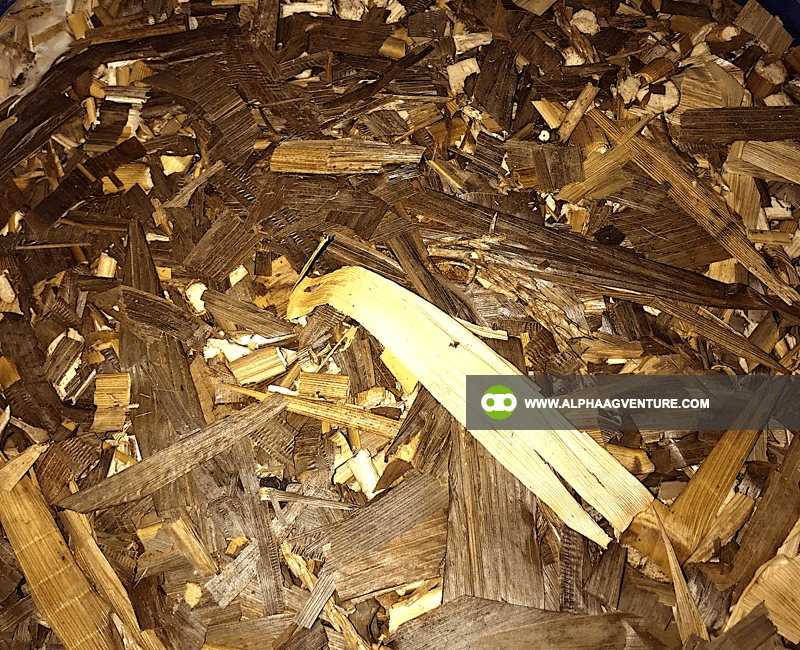
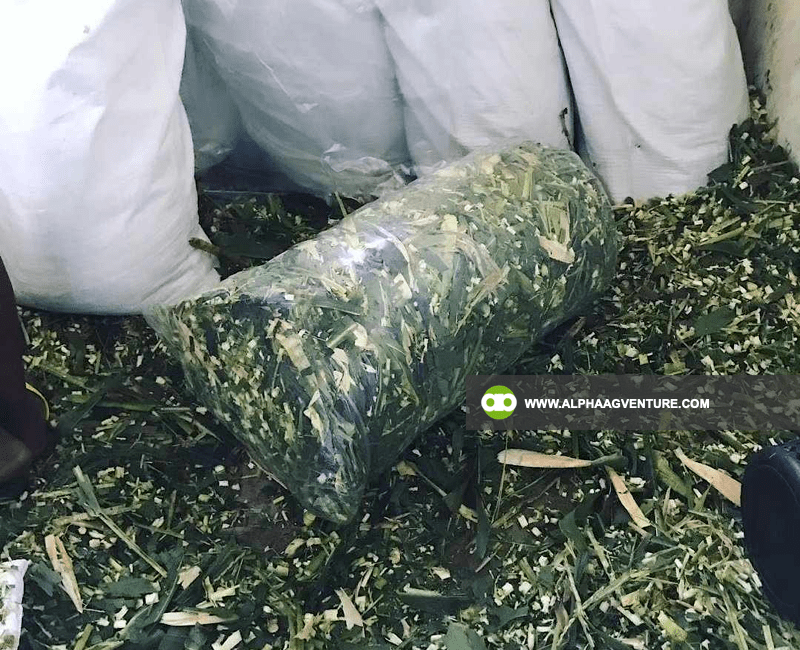
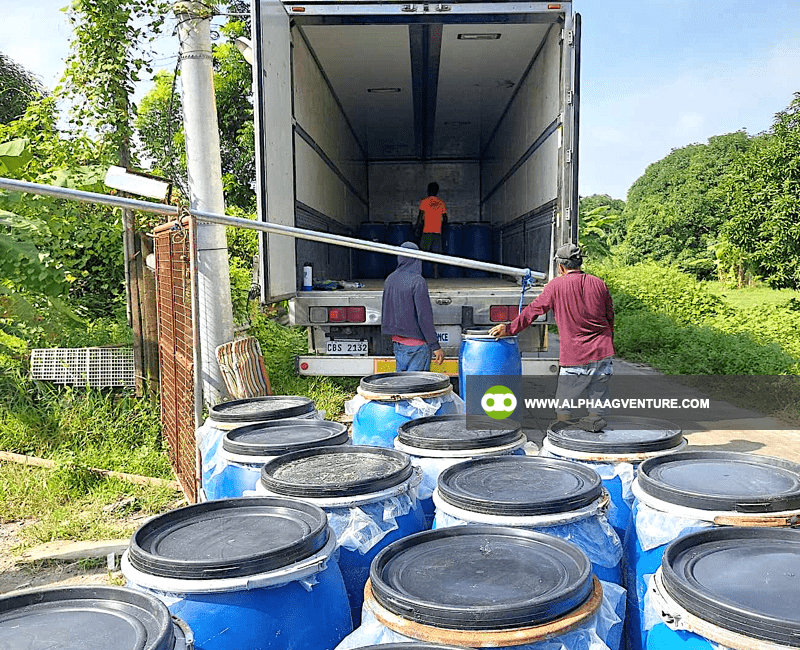
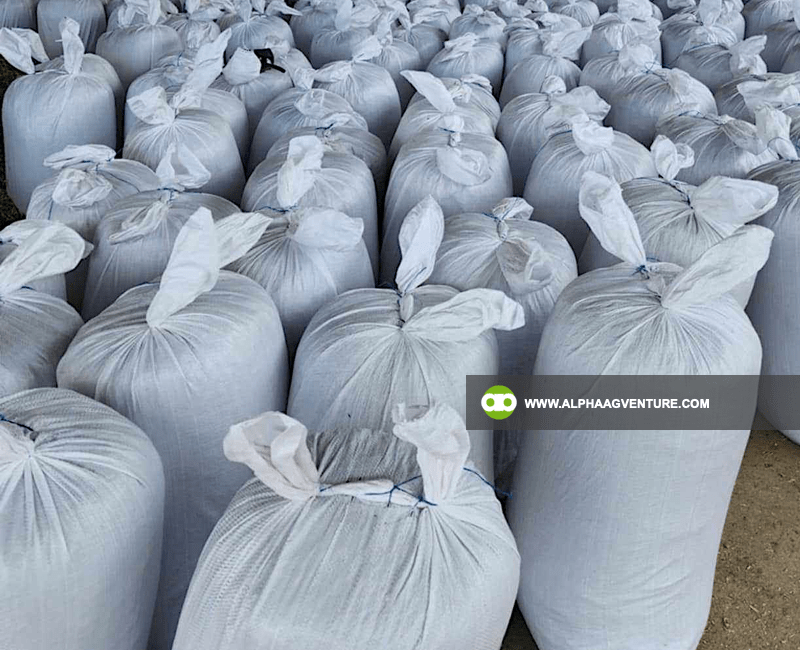
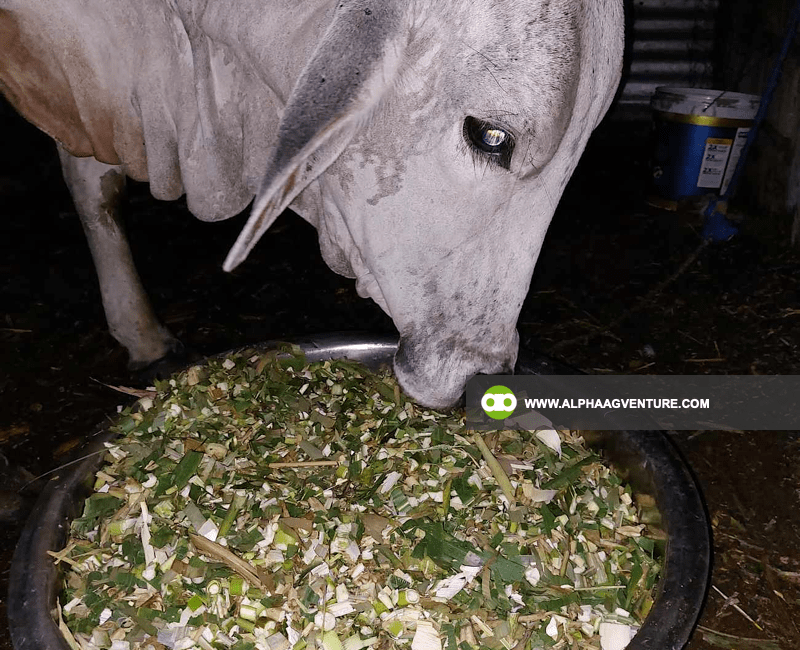
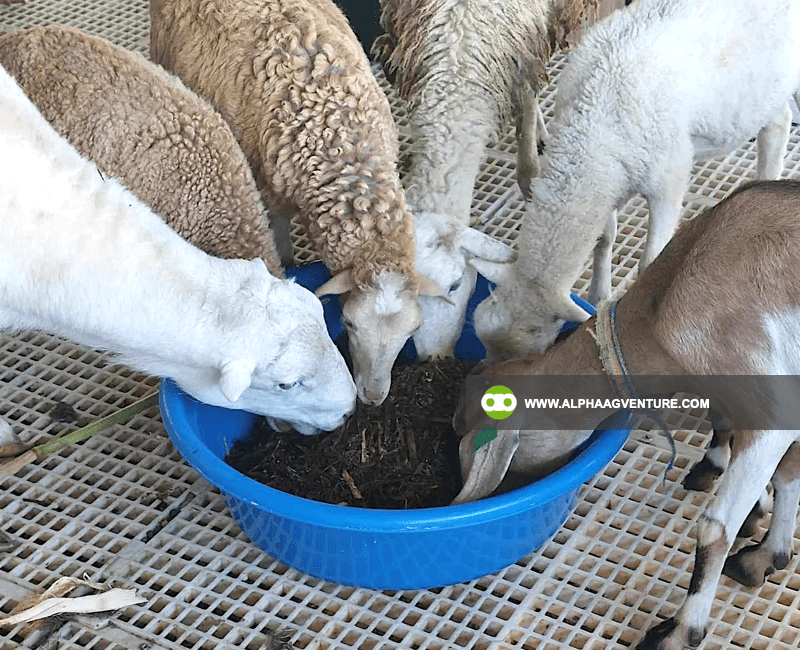
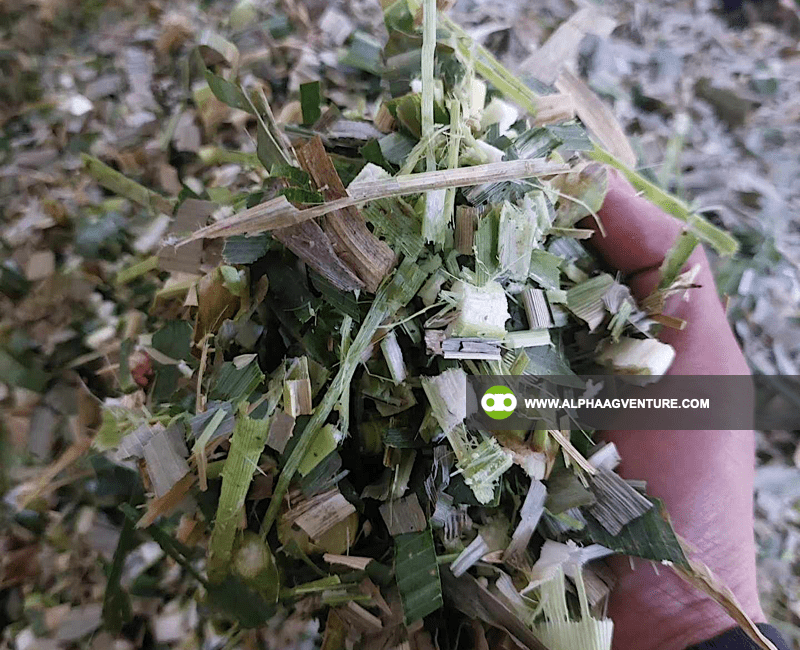
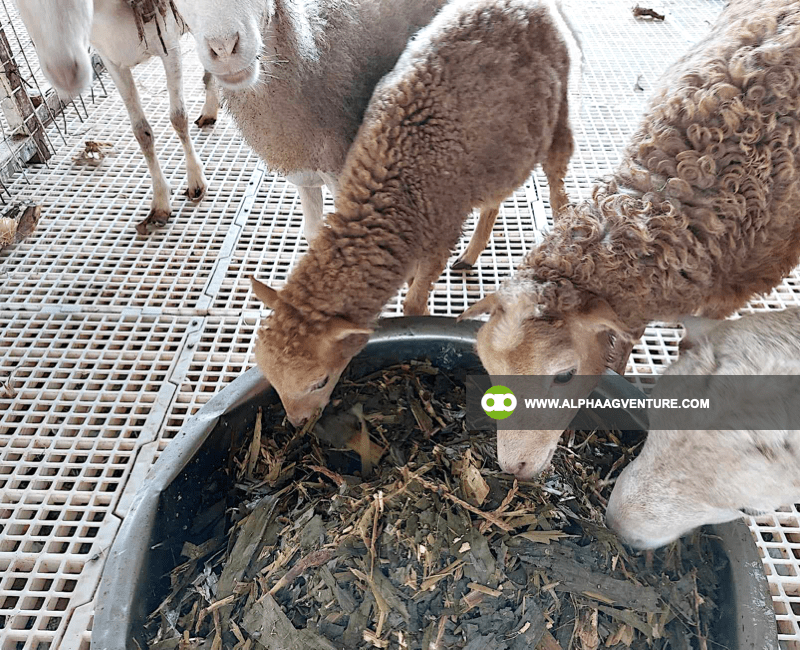
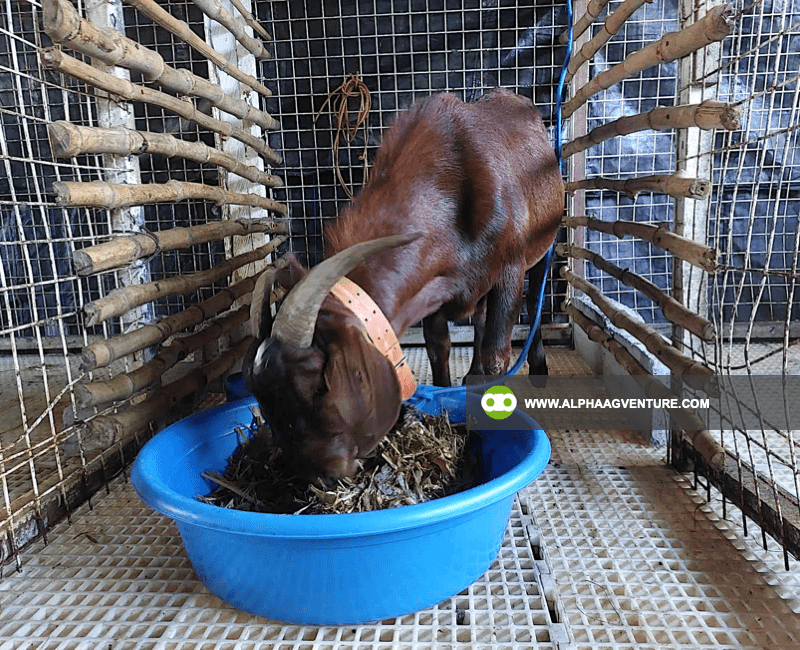
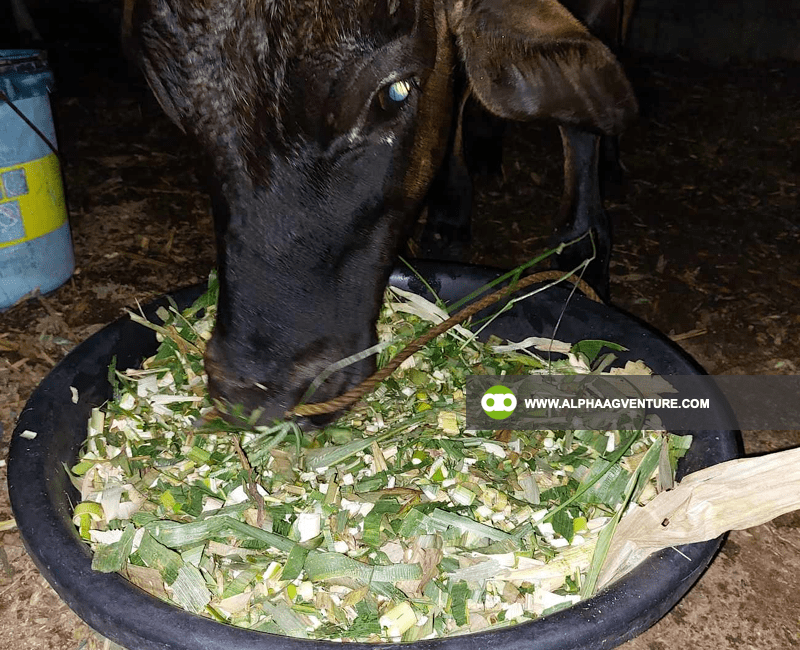
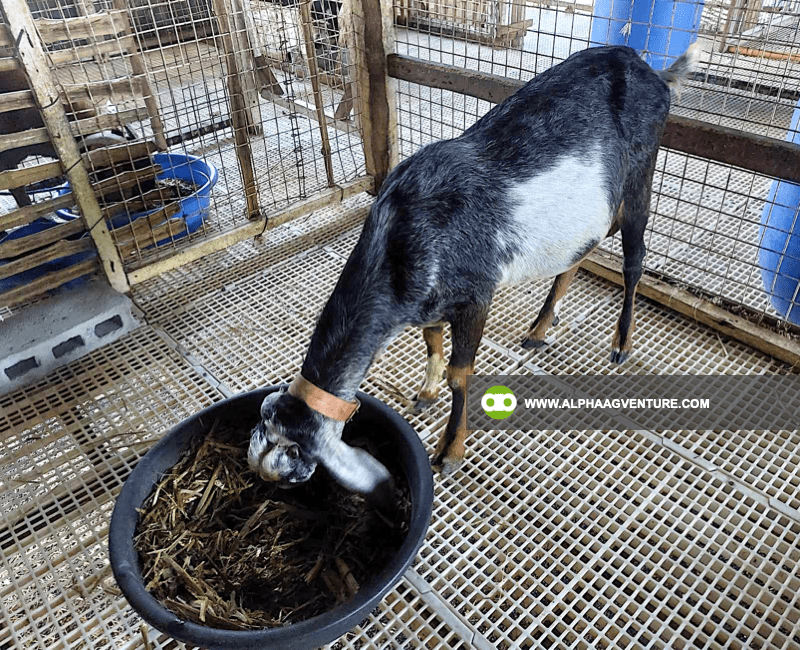
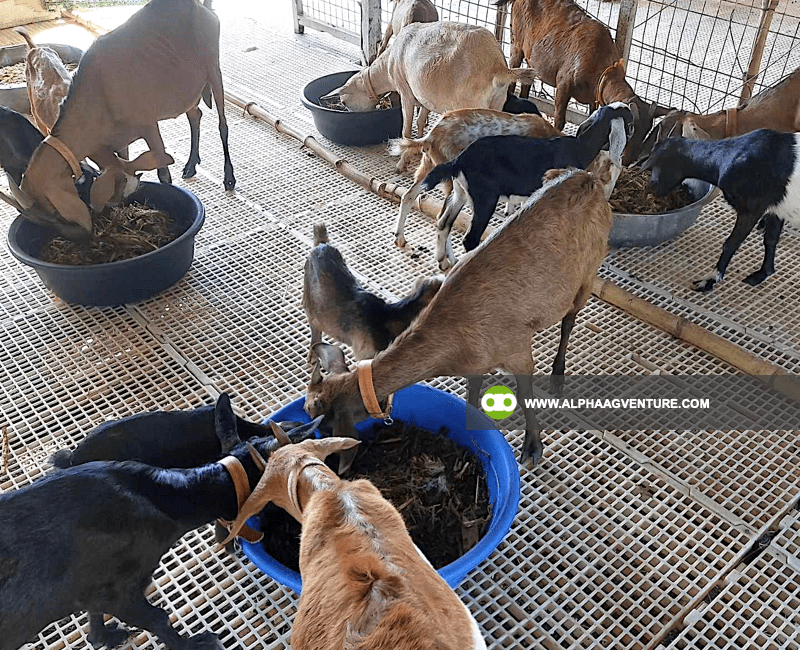
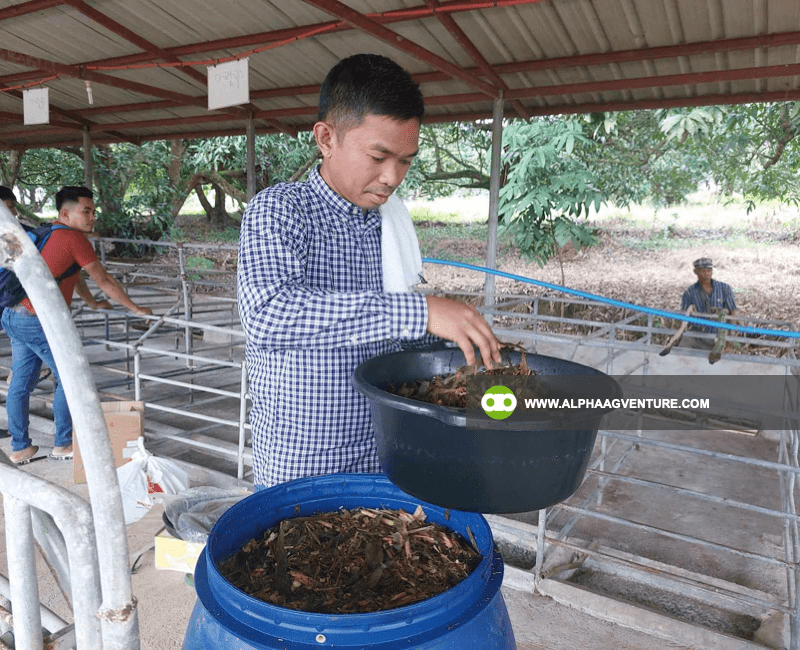
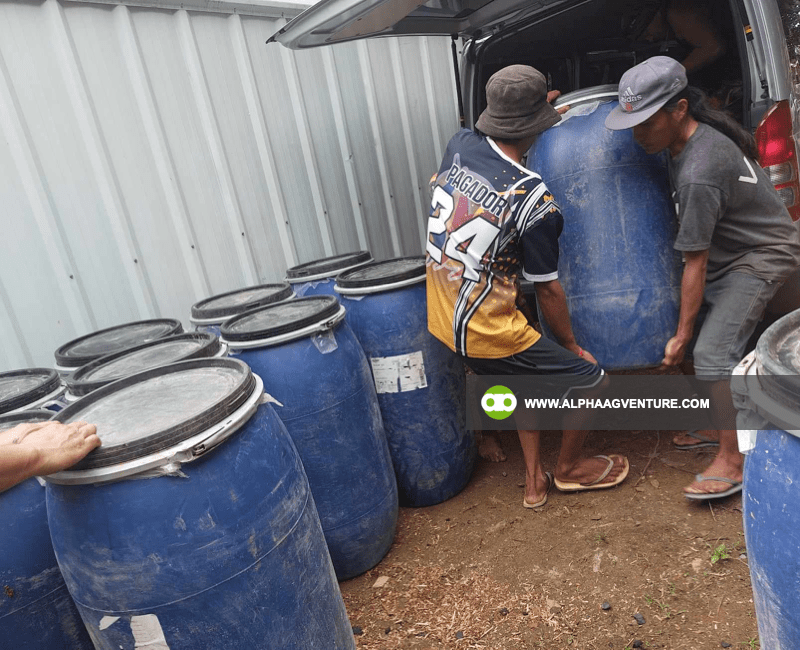
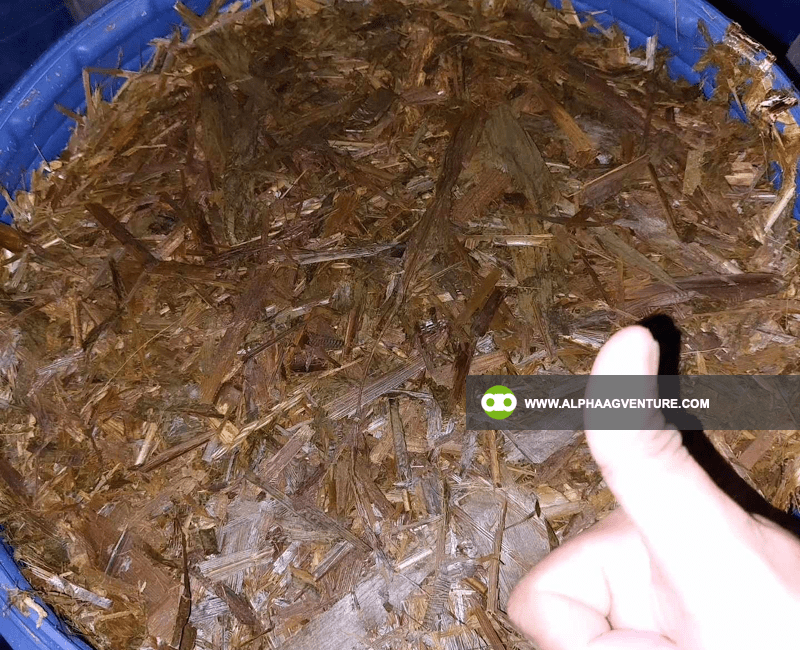
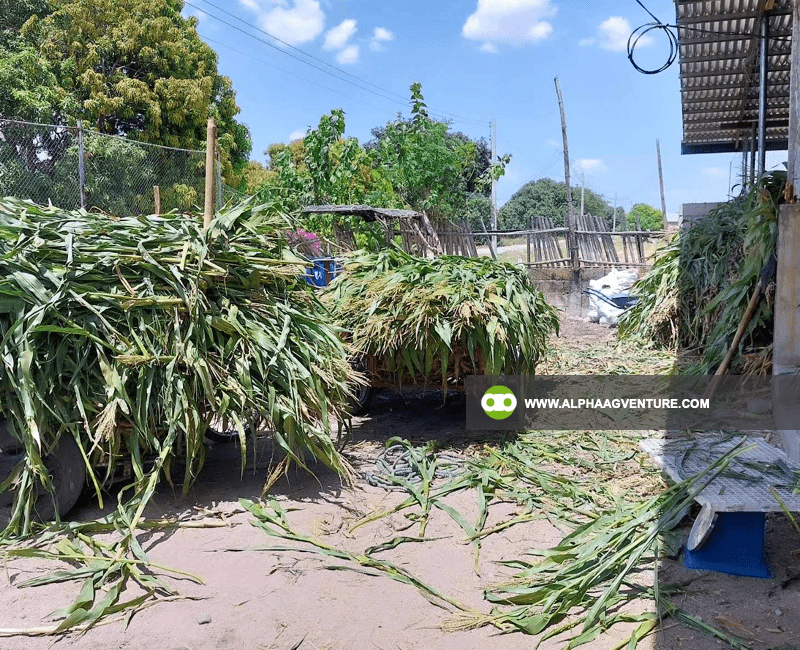
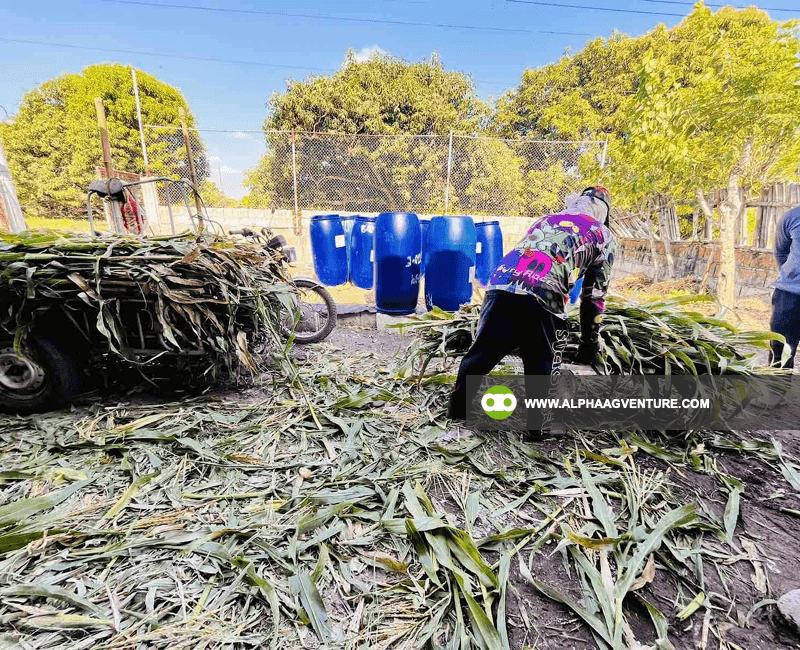
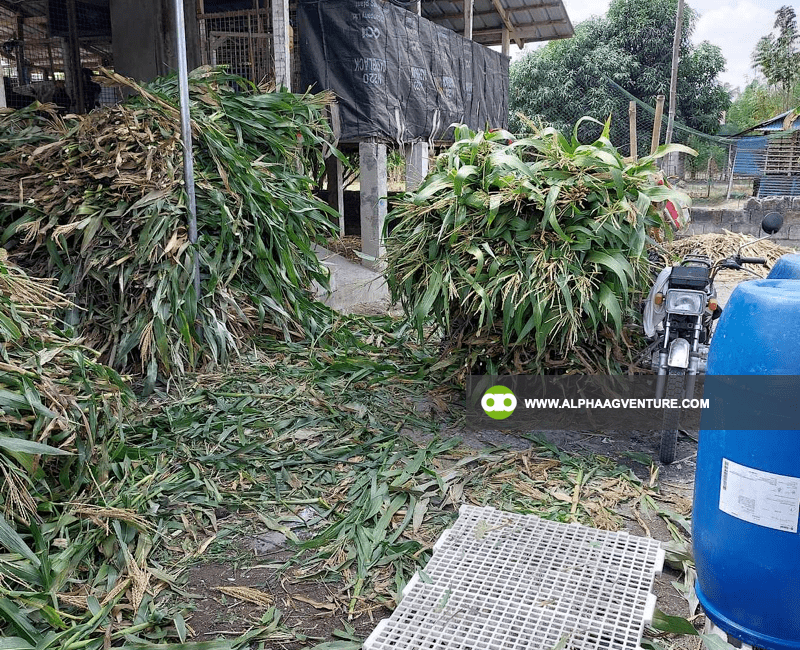
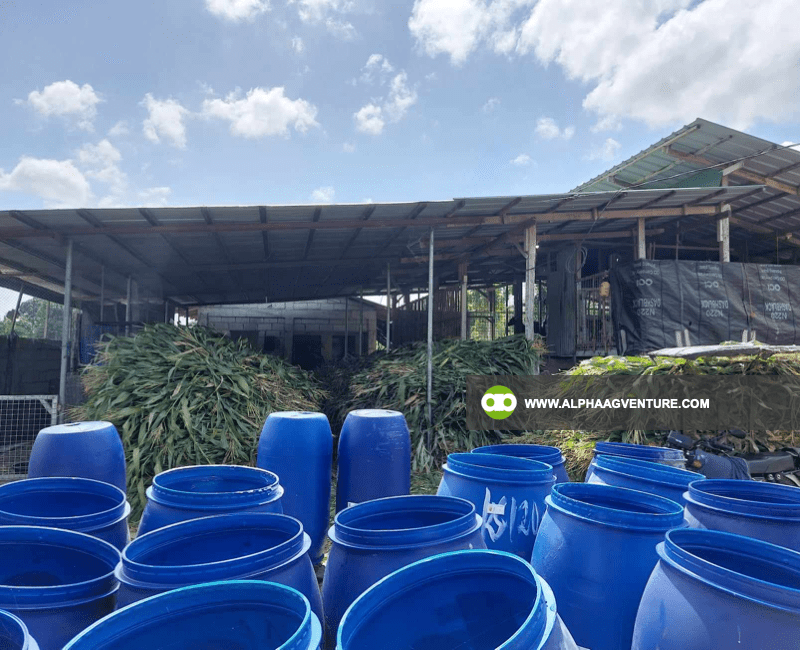
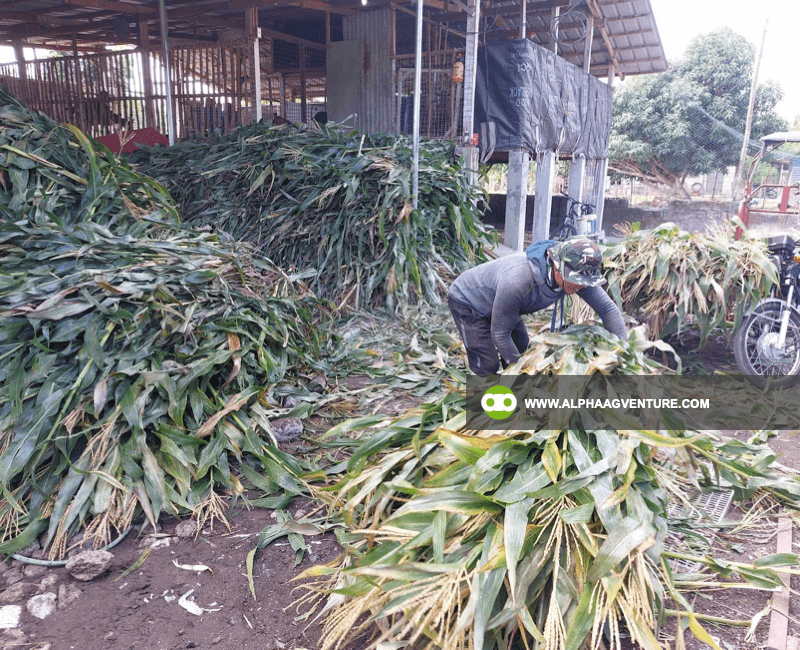
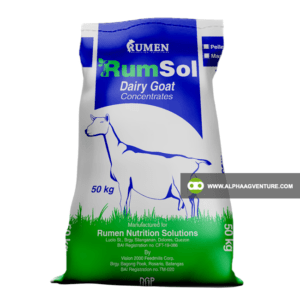
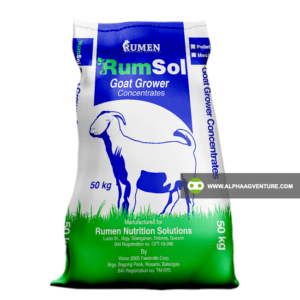
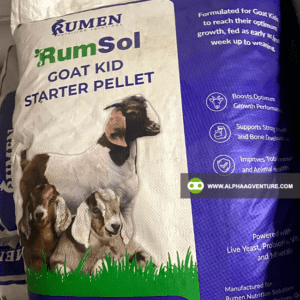
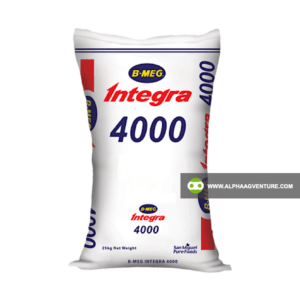
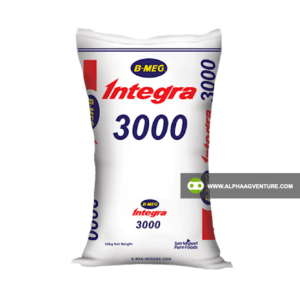
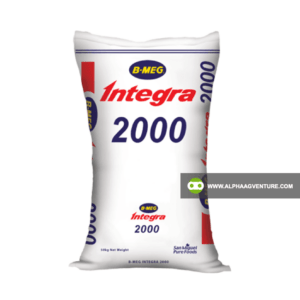
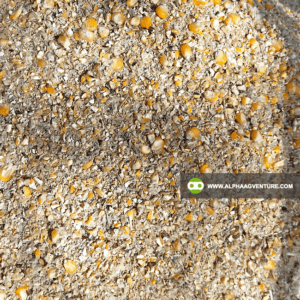
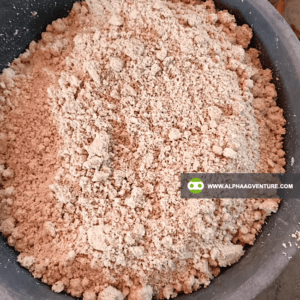
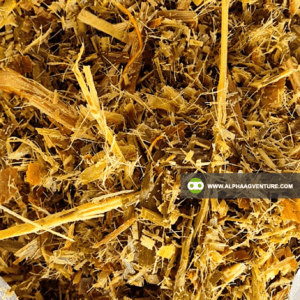
Reviews
There are no reviews yet.